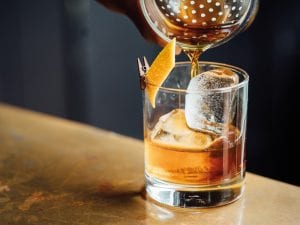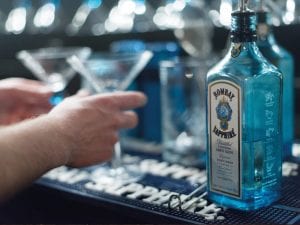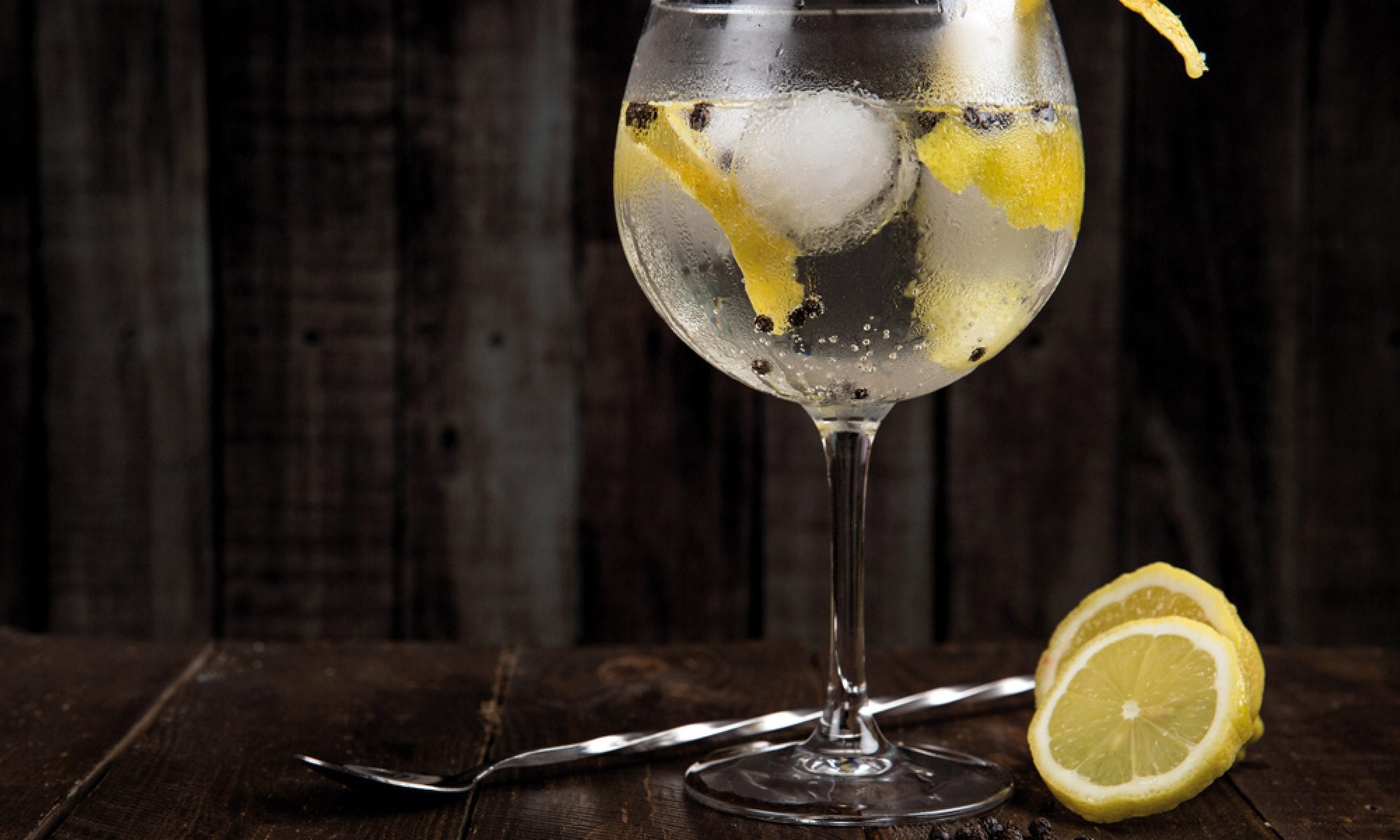Gin is enjoying a resurgence in popularity, with a wealth of interesting spirits produced right here on our doorstep. We chat to some of the enthusiastic local producers and offer up our favourite tipples!
History of gin
Gin may be one of the most popular liquors in the country, yet the colourless spirit has had to contend with a chequered history since it first landed on these shores more than 300 years ago.
Originally gin was sold as a medicine, distilled and supposedly capable of aiding kidney ailments, gallstones and gout after Dutch physician Franciscus Sylvius created genever. Brits were first introduced to it when the English soldiers assisted the Dutch against the Spanish in Antwerp during the late 16th century during the Eighty Years’ War.
The armies were known to drink genever before heading into battle, and it’s thought to be the origin of the phrase “Dutch courage”. William of Orange then arrived here to rule in 1688 and promptly relaxed laws on making spirits. Gin, which starts with a base of juniper berries, gained in popularity – among all classes – with the upper classes drinking genever and the working classes making do with a new, cheaper “imitation” gin, substituting the costly ingredients with such things as turpentine and sulphuric acid.
Subsequently, gin’s reputation took a turn for the worse. In London alone, more than 7,000 “dram shops” sprang up with an estimated 10 million gallons being distilled annually by barbers, grocers and market stall holders. Gin became increasingly cheap to produce, easily accessible, little duty was paid on it and some workers were even given it as part of their wages. The 1736 Gin Act forced anyone wishing to sell distilled spirits to take out a licence costing £50.
Only three such licences were taken, but gin’s popularity did not wane as “mother’s ruin” remained hugely popular, before a second act was passed in 1751, which raised duty, and prohibited distillers, grocers, chandlers, jails and workhouses from selling the liquor.
Thankfully this was the low point for gin and the spirit has rebuilt its once-tarnished reputation to become the UK’s most popular alcoholic drinks. Gin’s popularity has been helped by upmarket gin bars, ever-growing gin festivals and distilleries offering delicious varied botanical flavours.

Distillers of Surrey
One such distillery is Ripley-based Distillers of Surrey, producers of bespoke spirits. Head distiller Simon Sherlock says: “I was inspired by the gin renaissance and really loved the creativity of distilling spirits. I’ve always dreamt of opening my own distillery and releasing truly small batch, hand-crafted spirits. Distillers Of Surrey is focused on providing distinctively different spirits of unparalleled quality. We are unhindered by the trappings of large-scale production, focusing entirely on quality and ethics.”
The Gin Kitchen
After hearing a radio show about the gin revival in 2016, friends Helen and Kate decided to set up a distillery, buying a beautiful Portuguese copper alembic still “using the money we would usually have spent on gin”. , set in a gorgeous 170-year-old barn in Dorking’s Punchbowl Lane, creates batches of superb gin, including the winter-spiced Gutsy Monkey infused with ginger, thyme, Jamaican allspice, coriander seed, black pepper and cumin. Visitors are welcome and there are experience packages on offer.
Elstead Village Distillers
Elstead Village Distillers, based at the 500-year old Thundry Farm in the Surrey Hills, was formed by Paul Shubrook and Neil Redit who decided to embark on their current journey at a gin-making event in London. What they produced was enjoyed by their friends and formed the basis of their first products – Original Gin and Sanctuary Gin – and eventually led to their flagship Thundry Hills Gin – The Spirit of the Hills.
Bombay Sapphire
Bombay Sapphire is one of the most popular gins on the market and its fascinating history can be seen first-hand at its heritage workshop and working distillery at Laverstoke Mill in Whitchurch. Charting more than 1,000 years of the mill, the heritage host tour showcases the history of this prestigious site with a range of artefacts, photos and historic documents. Bombay Sapphire has restored the beautiful Georgian and Victorian buildings to their former glory, and the Self-Discovery Experience allows visitors to take their time to explore the distillery and, of course, enjoy a free cocktail in the Mill Bar alongside the beautiful River Test.














Comments